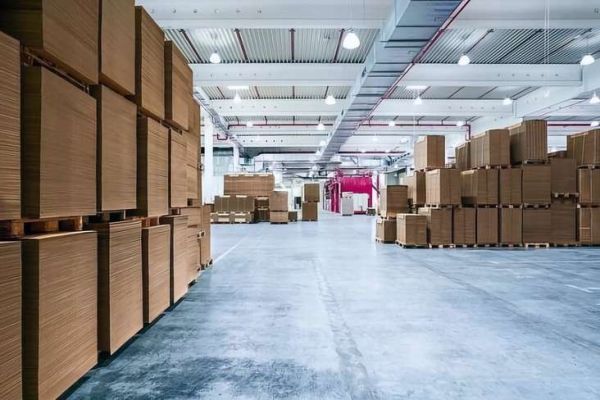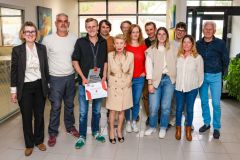The packaging printing sector in France is undergoing a period of rapid change, driven by the rise of e-commerce and growing demands for sustainability. As demand for personalized, environmentally-friendly packaging continues to grow, French printers face major challenges. Technological advances such as digital printing and automation open up promising prospects, but require substantial investment to remain competitive on the international stage.
In an increasingly competitive market, the automation of production processes is becoming essential to meet cost and lead-time requirements. The Smithers report highlights the growing importance of advanced workflows, robots and artificial intelligence in modern production lines. This race for efficiency aims to meet growing demand while reducing production costs and lead times. As well as reducing the need for human intervention, these technologies help to reduce errors and improve print quality - essential criteria in a context of growth.
Digital printing, identified as the most dynamic printing technology for labels and packaging, plays a central role in this transformation. By offering flexible solutions adapted to short print runs, it meets the requirements of niche markets, particularly e-commerce. The advantages of digital printing are not limited to speed of execution. It also enables greater personalization, an indispensable asset in an era when individualized marketing is becoming the norm.
The boom in e-commerce, accentuated by the health crisis, continues to have a major impact on demand for packaging in France. This market demands high standards of product traceability and personalization, prompting printers to adopt more flexible printing solutions, such as digital printing. This technology not only makes it possible to respond to smaller, more personalized orders, but also to reduce production lead times, a crucial asset in today's context of rapid delivery. The growing number of consumers in urban areas means greater demand for packaged goods, while e-commerce is setting new standards in terms of logistics and traceability. Companies are therefore investing heavily in printing solutions capable of meeting these specific needs, while complying with increasingly stringent environmental regulations.
The adoption of new technologies is now essential for printers wishing to remain competitive in the French market. Digital printing, with its ability to offer short, personalized runs, is gradually becoming the norm. However, these developments require significant investment in R&D and equipment. Companies that anticipate these changes and adopt innovative solutions will be best placed to benefit from future growth.










